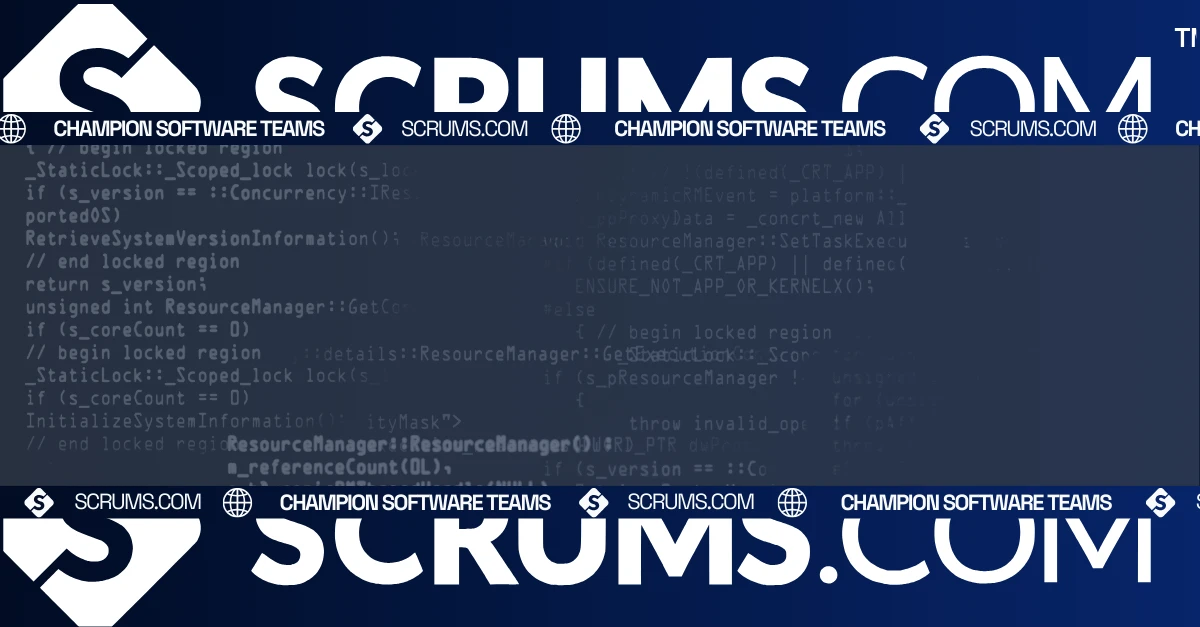CodeQL: Code Analysis Engine for Security Vulnerabilities
Repository Overview
CodeQL is an open-source code analysis engine developed by GitHub that allows developers to query code as if it were data. This approach makes it possible to identify security vulnerabilities and coding errors systematically and effectively. Targeted at security researchers, DevSecOps teams, software development companies, and developers, CodeQL is a powerful tool for ensuring the security and quality of software products.
Information compiled in September 2024, information is subject to change:
- Stars on GitHub: 7.5K
- Forks: 1.5K
- Contributors: 295
Core Features and Benefits
Custom Query Language: CodeQL allows developers to write custom queries in its declarative logic language, similar to SQL, to detect specific vulnerabilities and code smells in codebases.
Multi-Language Support: CodeQL supports major programming languages, including C/C++, Java, JavaScript, Python, Go, and Ruby, providing versatility for projects with multiple tech stacks.
CI/CD Pipeline Integration: Easily integrates with GitHub Actions and other CI/CD tools to enable continuous security analysis and automated vulnerability detection during the software development lifecycle.
Pre-Built Security Queries: Comes with an extensive library of pre-written queries that cover common security vulnerabilities such as SQL injection, cross-site scripting (XSS), and buffer overflows.
Data Flow Analysis: Offers powerful data flow analysis capabilities to help developers understand how data moves through an application, aiding in identifying potential vulnerabilities and ensuring data security.
Benefits for Developers:
- Accelerates vulnerability detection with pre-built and custom queries.
- Reduces manual code review effort by automating security checks.
Benefits for Business Stakeholders:
- Enhances software security posture, reducing the risk of data breaches and compliance violations.
- Improves development efficiency, reducing costs related to vulnerabilities found late in the development cycle.
Use Cases
- Secure Software Development Lifecycle (SSDLC): CodeQL is integrated into CI/CD pipelines to enable continuous security checks, helping developers catch vulnerabilities early in the software development process.
- Open Source Security Audits: CodeQL is widely used in the open-source community to audit code for vulnerabilities. The GitHub Security Lab utilizes CodeQL to identify and fix security issues across thousands of repositories.
- Bug Bounty Programs: Security researchers leverage CodeQL to discover zero-day vulnerabilities in popular software as part of bug bounty programs, effectively identifying security flaws in large codebases.
Getting Started Guide
Community and Support
CodeQL benefits from strong support from GitHub and the open-source community. Key resources include:
- GitHub Discussions and Issues: For community support, bug reports, and feature requests.
- GitHub Security Lab: Collaborations for improving the security of open-source software.
- Official Documentation: Extensive resources are available on the CodeQL documentation website.
Integration Possibilities
CodeQL integrates seamlessly with GitHub Actions for continuous integration and security testing. It is also compatible with other CI/CD tools like Jenkins, CircleCI, and Travis CI, allowing organizations to incorporate static code analysis into their development workflows, providing a robust security layer.
Performance and Scalability
CodeQL is optimized for analyzing large codebases efficiently. It leverages advanced caching mechanisms to speed up subsequent analyses, ensuring that even large-scale projects can be scanned for vulnerabilities quickly. However, performance may vary depending on the complexity of custom queries and the size of the codebase.
Licensing and Security Considerations
CodeQL is released under the MIT License, allowing for free use, modification, and distribution. This permissive license encourages widespread adoption in both open-source and commercial projects. Regular updates and active community engagement help mitigate security concerns.
Maintenance and Longevity
CodeQL is actively maintained by GitHub, with contributions from the global developer community. Regular updates, a strong roadmap, and collaboration with security experts ensure its longevity and continued relevance in the evolving landscape of software security.
Alternatives and Comparisons
SonarQube: Provides code quality and security analysis but lacks the deep query customization capabilities of CodeQL.
Semgrep: A flexible, fast static analysis tool with multi-language support but may lack the extensive pre-built queries that CodeQL offers.
Bandit: A lightweight tool focused on Python security analysis but does not support other languages or offer the same level of integration into CI/CD pipelines as CodeQL.
Our Recommendation
Why Choose CodeQL? If your organization prioritizes secure software development and wants to integrate a flexible, powerful, and customizable code analysis tool into the CI/CD pipeline, CodeQL is an ideal choice. It provides comprehensive support for major languages, deep code analysis capabilities, and strong community backing, making it suitable for both startups and large enterprises.
Common FAQs Around this Code Repo
CodeQL is a code analysis engine designed to find vulnerabilities in software. It is ideal for developers, security researchers, and DevSecOps teams looking to enhance code security.
CodeQL integrates seamlessly with GitHub Actions and other CI/CD tools like Jenkins, enabling continuous code analysis and security checks during the development process.
Yes, CodeQL supports writing custom queries using its own query language, allowing users to create specific checks tailored to their codebase's needs.
Yes, CodeQL is optimized for large codebases and provides caching mechanisms to speed up subsequent scans, making it effective for complex projects.
CodeQL is licensed under the MIT License, allowing for free use in both open-source and proprietary projects.
Explore Software Development Blogs
The most recent trends and insights to expand your software development knowledge.






